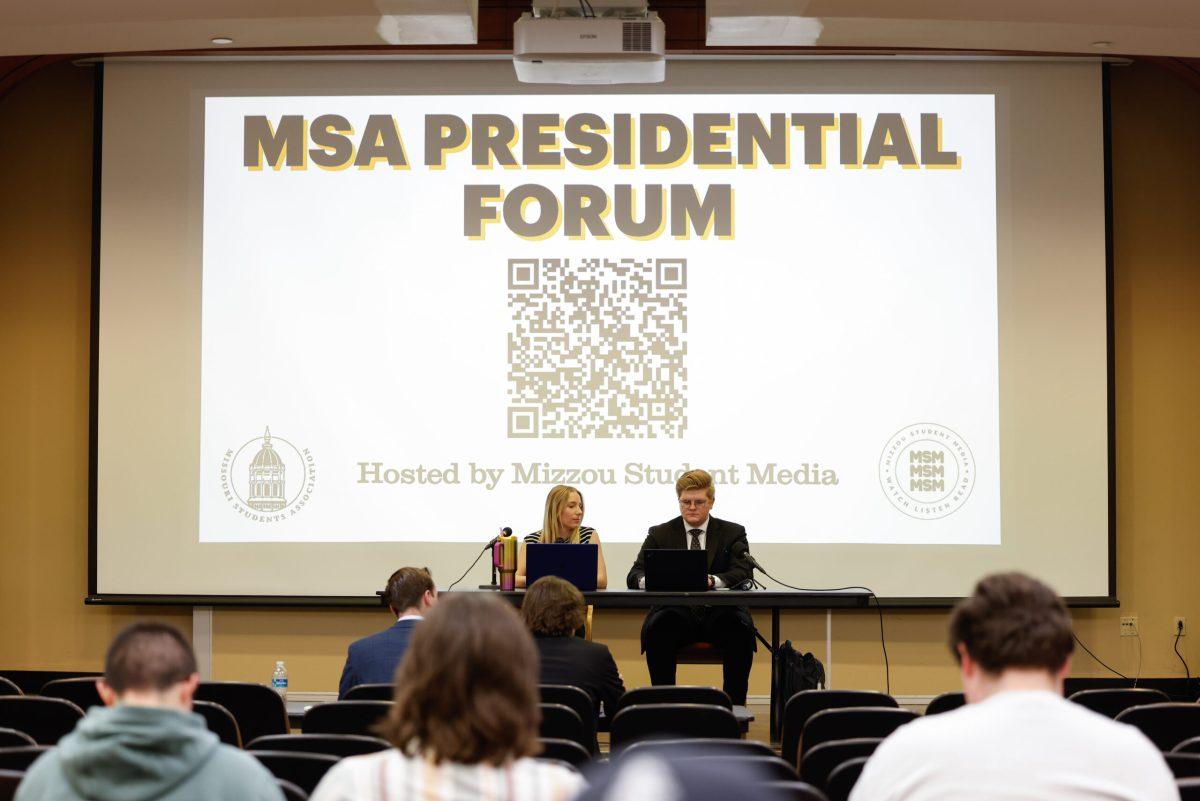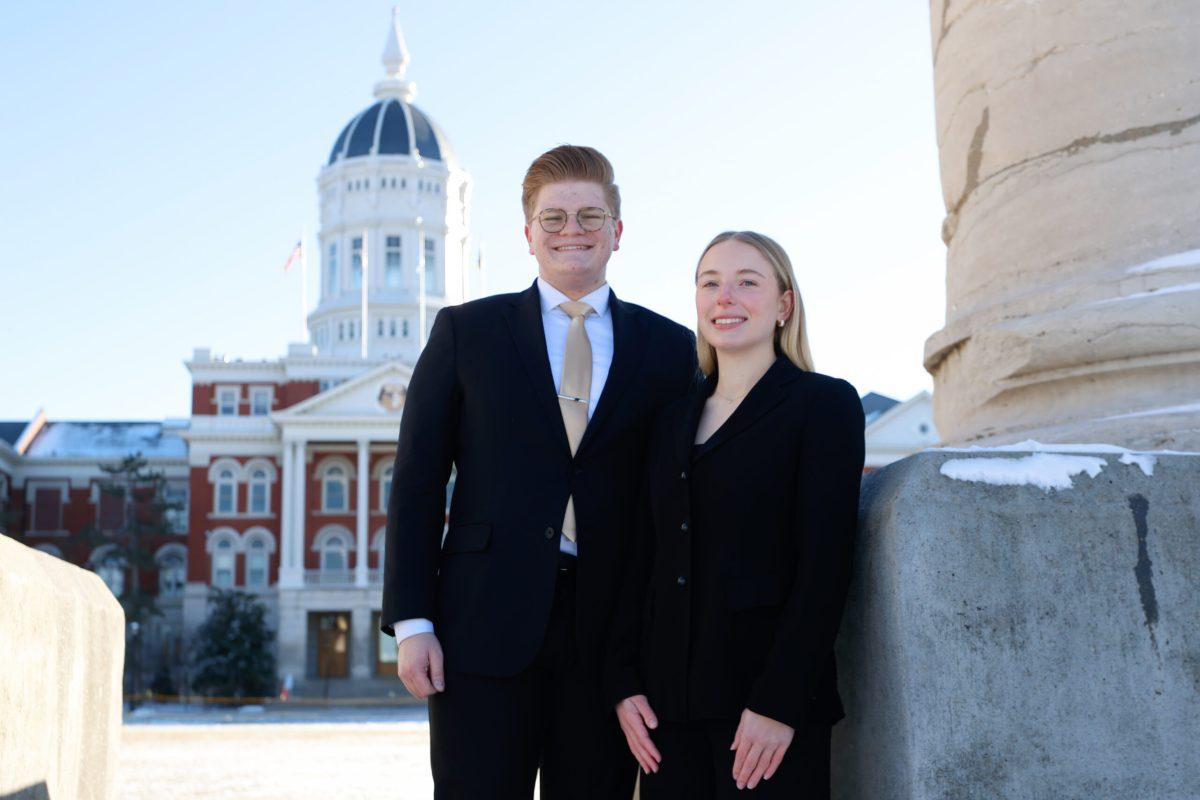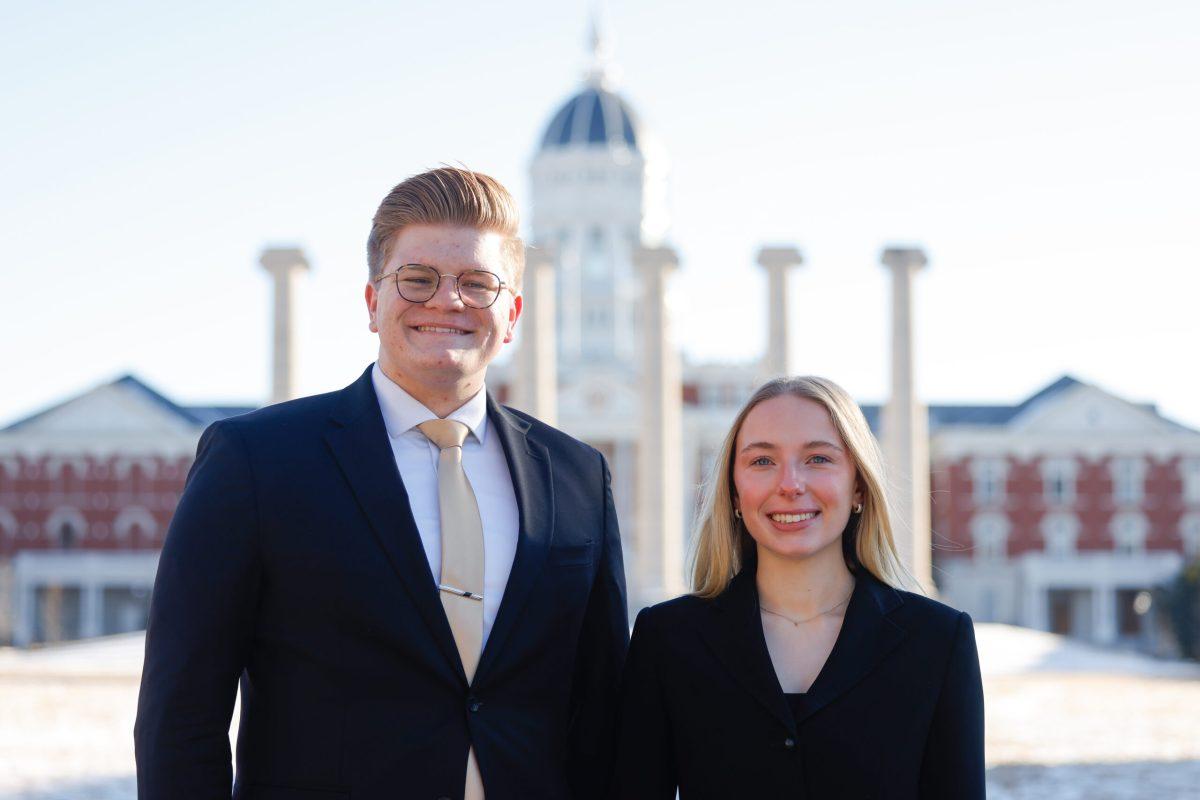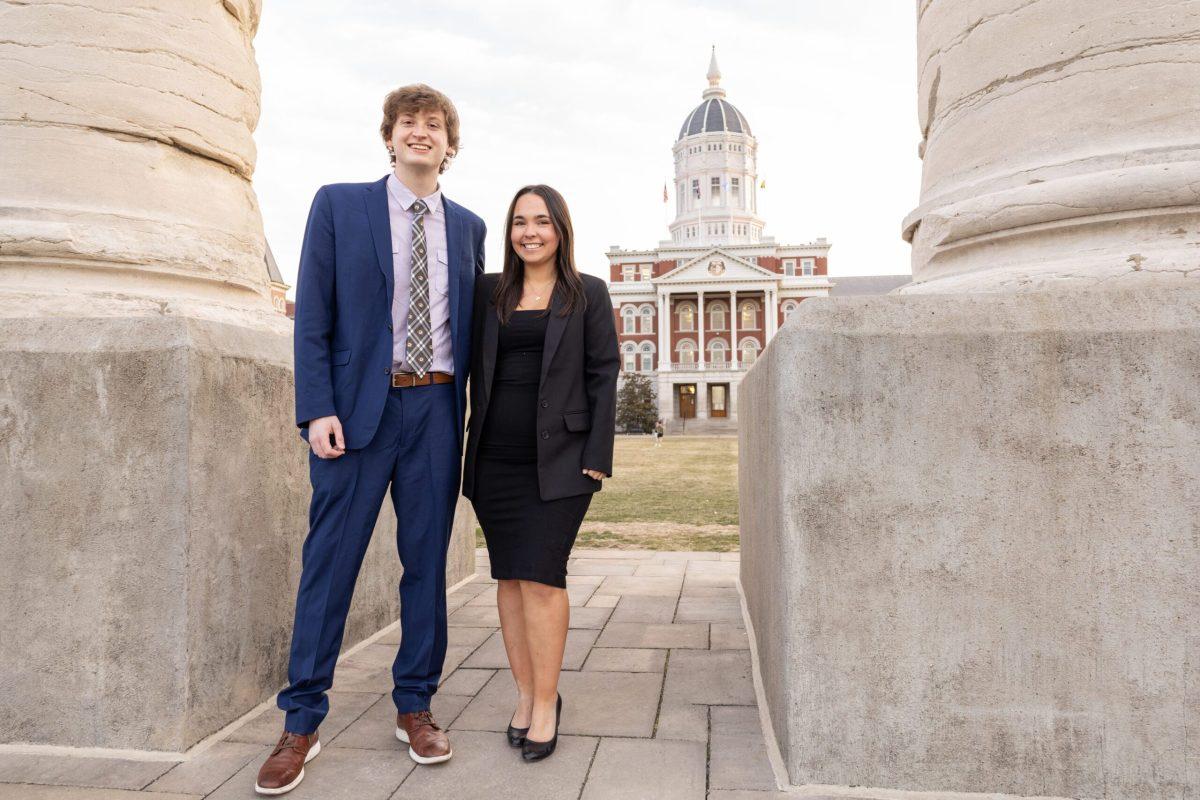The 2020-21 school year challenged students academically, physically, mentally, emotionally and politically. Despite elections, protests and remote learning, MU still strived to succeed and achieve some semblance of normalcy. However, COVID-19 and racism on campus showed students that the administration is not always willing to listen and abide by student concerns.
A summer of Black Lives Matter protests demanding an end to police brutality and justice for the murder of George Floyd led students straight into a school year already fraught with tension.
Several student groups formed to call out racism at MU and demand change. Perhaps the most prominent were #StillConcerned and Mizzou 600.
#StillConcerned issued a list of seven demands that The Maneater supported in an August editorial. These demands were: award tenure to Dr. Ashley Woodson, create a racial accountability board led by students and faculty, reinstate Kathryn Chval as Dean of the College of Education, remove UM System President and MU Chancellor Mun Choi from all leadership positions within the UM System, undo system changes combining UM System President and MU Chancellor, memorialize Gus T. Ridgel on the MU campus and remove the Thomas Jefferson statue from campus.
MU met none of these demands, the Thomas Jefferson statue being the most contentious topic of all of them. The Jefferson Club, a group of donors, funded the Thomas Jefferson statue. It was installed on Francis Quadrangle in 2001.
“Mizzou has no room for a racist slave owner on our campus, in the Quad, where thousands of Black students pass by everyday,” sophomore MU student Roman Leapheart wrote in a petition calling for the removal of the statue.
Members of Mizzou 600, another student activist group, were referred to MU’s Office of Student Accountability Support in October after protesting the statue in Jesse Hall. MU officials said the group disrupted orderly conduct, therefore violating university guidelines regarding protests.
During their protest, Mizzou 600 called for MU to remove the statue and Thomas Jefferson’s tombstone, create a scholarship fund for Black students in social justice work, create a scholars’ board for Black students and have Choi participate in diversity mentoring. The university met none of these demands.
Administration and other students argued that the statue should stay. Meetings between MU administrative employees and students eventually produced the 16-person Taskforce for Contextualization of Thomas Jefferson. A February recommendation from the committee proposed the installation of a sign next to the statue. The sign would detail the history of Thomas Jefferson and acknowledge his ownership of slaves and relationship with Sally Hemings. There is currently no sign.
MU did, however, take action to protect the Thomas Jefferson tombstone. The outdoor monument features the original obelisk and a reproduction of Jefferson’s plaque and has been on campus since 1885.
The university spent $20,000 to encase the tombstone in a clear acrylic case. MU spokesperson Christian Basi said the expenses were not funded by tuition or state appropriations. Students rallied on Twitter — many felt that the university cared more about the statue than the concerns of their Black students.
“Going as Thomas Jefferson for Halloween so maybe Mizzou will care about me for once,” popular parody account University of Misery tweeted in late October.
The Jefferson tombstone was not the only university expenditure students contested. The pandemic posed particular challenges to students returning to campus for the fall.
To prepare for a particularly complex semester, MU launched their #MaskUpMizzou campaign. This included paying a marketing firm $10,000 for a month-long social media campaign that sponsored five MU students, each with around 1,000 Instagram followers. These students posted photos urging others to wear masks and familiarize themselves with the MU Renewal Plan.
Some students again took to social media to question and mock the campaign. Students raised questions over whether MU’s response to COVID-19 was appropriate.
According to MU’s Show Me Renewal webpage, there were 228 reported active cases on Aug. 25. By Sept. 5, reported cases peaked at 683. Throughout the fall semester, students reported that they had trouble meeting requirements to get tested, and quarantined students complained about insufficient meals.
Concerns about COVID-19 came to a head when Choi blocked students on Twitter on Sept. 9. Some blocked students tagged his private account in complaints about MU’s COVID-19 response, while others never mentioned him. The university argued he was justified to do so because it was his personal account.
Within the same day, Choi unblocked students after lawyer and MU alumnus Christopher Bennett threatened to sue the university for violating the First Amendment’s guarantee to freedom of speech. He argued that Choi could not block students because it was his only account and he used it in a professional capacity.
In a Sept. 14 letter addressed to Choi, 15 faculty members from the School of Journalism expressed disappointment in administrative actions.
“Already, a few colleagues and students have confided that they fear that speaking out will put their jobs or scholarships at risk,” the faculty wrote.
On March 3, Landon Brickey and Emily Smith were voted Missouri Students Association president and vice president. Key points of their campaign platform included support for faculty and students of color and COVID-19 health and well-being. In an Instagram post, they stated their support of “free and open speech to administrators.”
They will certainly face a challenge. This past school year left students and faculty alike with the feeling that MU was not listening to their concerns and thoughts. Twitter became a valuable outlet for students to vent frustrations and communicate with others, and handfuls of groups formed throughout the year to protest and voice concerns.
Although MU has shown a willingness to meet with students and faculty to discuss school issues, they have yet to meet student demands and communication is lacking. If MU truly wants to improve relations with its community, it must show more willingness to actively listen to its population and seek solutions together.













